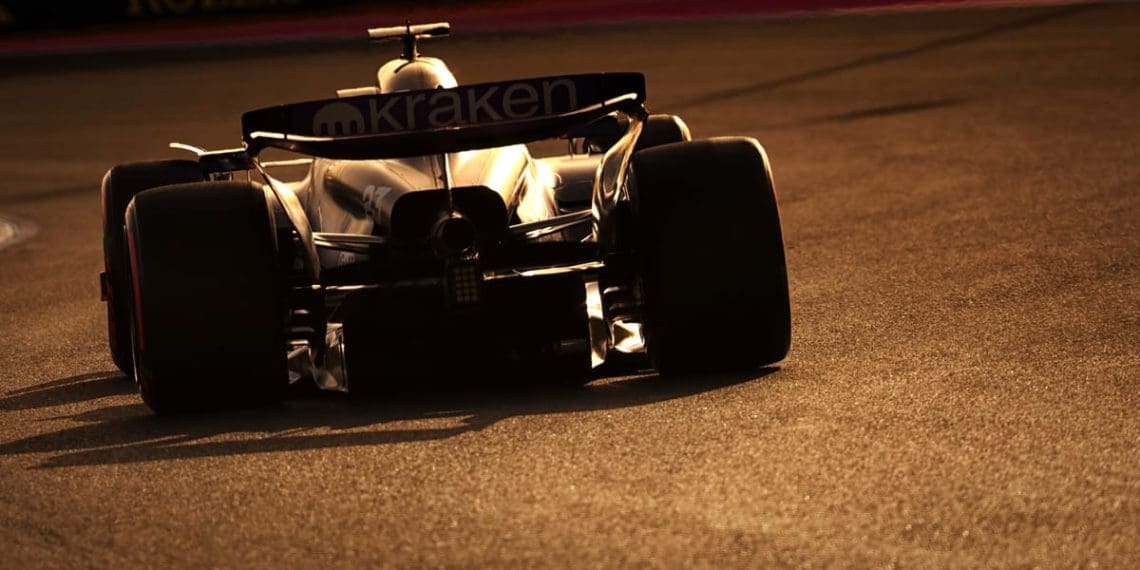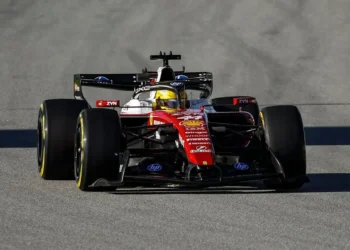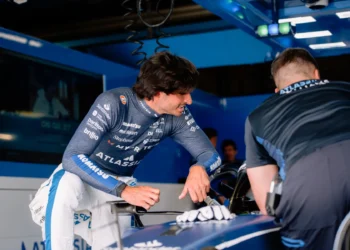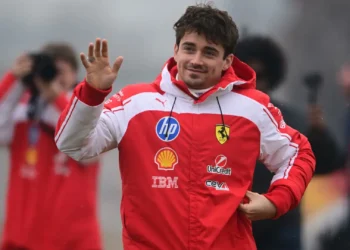Williams has had a tough start to the 2024 Formula 1 season, revealing the extent of the team’s difficulties and how far behind they are compared to their rivals. The team has been dealing with underinvested facilities and an outdated culture for many years, resulting in a points-less start to the new season. Team principal James Vowles and technical director Pat Fry have opened up about the challenging winter and the impact it has had on the team’s performance. They believe that Williams cannot compete in F1 without making significant improvements in how the team operates.
A major change implemented by Vowles was a complete overhaul of the car’s technological base, which involved designing and building the chassis with thousands of new components. He also wanted the development team to work more collaboratively, changing the car’s design philosophy. Vowles banned the use of old parts and non-carbon materials, which were common practices in previous years. These changes resulted in a tenfold increase in the number of components, overwhelming the team’s limited infrastructure.
Williams had been using an outdated Excel spreadsheet to manage the car construction process, which proved to be ineffective and inefficient. The lack of data on component costs, production time, and availability caused delays and confusion. Workers had to physically search for missing parts and the team struggled to meet deadlines. The flawed processes led to parts piling up and wasting time and resources.
Despite the challenges, Williams managed to produce a competitive car for the 2024 season. The team’s results are similar to the previous year, with a slight improvement in performance. However, Vowles acknowledges that the team could have achieved even better results with better planning and organization. He believes there is a lot of untapped potential in the team and that improvements in processes and systems can lead to significant performance gains.
The tough winter experience has been a necessary pain for Williams. Vowles and Fry are confident that the team can address persistent issues and make significant changes for future car builds. They are committed to implementing cultural changes and better processes to make the team more efficient and competitive. Although it may take time for the entire workforce to fully adopt the new culture, Vowles sees this as a valuable opportunity for Williams to make substantial improvements in performance and efficiency.
Driver Alex Albon is optimistic about the team’s future and believes Williams can enjoy success later in the year if they take the necessary steps to improve. The expectation is for the team to prioritize timely execution and performance in future winters, avoiding past mistakes.










